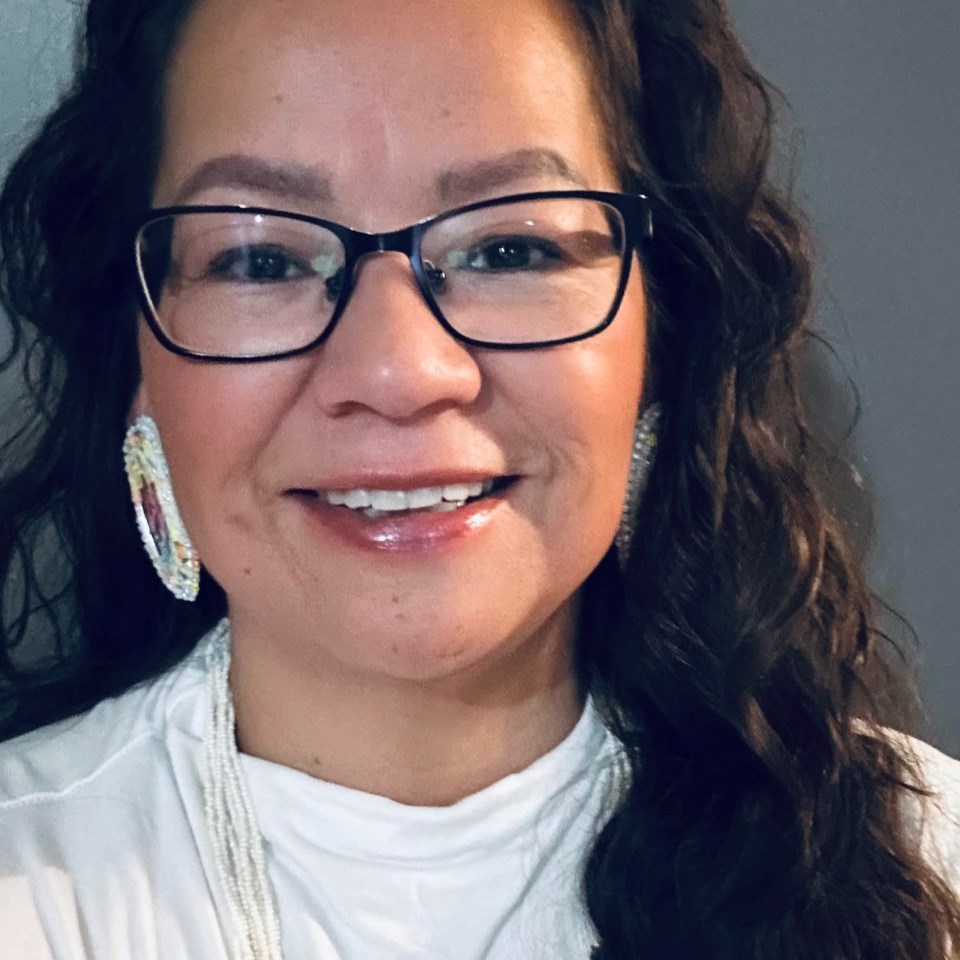LAKELAND - When you ask Stephanie Jackson to tell you a bit about herself, the story she tells is rich in relationship, both with the people in her life and the culture she is still discovering.
Raised in Whitefish Lake First Nation #128, Jackson, now 48, attended Pakan School when it was still a federally run day school, then went to Ashmont for high school. She had her first daughter Kyri, when she was 17 years old, and gives much of the credit for finishing high school to her extended family – grandparents, aunties, teachers, and nurses who would fax her homework to school from the hospital.
“That’s why I always go back to that whole concept of wahkotowin. They were my family, they became my family,” said Jackson.
Wahkotowin is the Cree word not just for family, but for the concept of relationship and the interconnectedness of people.
“For me wahkotowin is big. Family is big. Relationship amongst each other is big because that's also part of relationship building,” said Jackson, who has a Masters’ of Social Work and now serves as a band councillor in Whitefish Lake.
One of 10 children herself, Jackson and her husband Leeroy have four children and five grandchildren. She gives credit to her late kôhkom (grandmother) Edith Memnook for being an example of female Indigenous leadership.
Memnook was involved in the sit-in at Blue Quills residential school in 1970, which resulted in the federal government transferring the school to the Native Education Council.
When Jackson wanted to go to university to study social work, she chose University nuhelot’ine thaiyots’I nistameyimâkanak Blue Quills, “Because we worked hard for that. We had worked hard to get that to be an Indian run school to educate our own people,” said Jackson. She completed her Bachelor’s of Social Work when the program was still being piloted in partnership with Saskatchewan Indian Federated College, and later completed her Master’s at UnBQ.
“Thinking of how our leaders need to evolve, continuously educating themselves in which way they can. Because my kôhkom used to say that we had to learn to walk in both worlds, both Indigenous and non-Indigenous,” said Jackson.
Jackson has certainly walked in both. She said when she worked for the Government of Alberta in St. Paul in the early 2000’s, conversations around Indigenous identity and ways of being were not taking place yet.
Now, she helps facilitate those conversations and does cross-cultural training.
“We try to teach people about decolonization, changing their mindsets of who we are, what they've always known about us,” said Jackson, noting the reclamation and revitalization of the Cree language is key to creating spaces where indigenous people can talk about who they are.
“It's still taking long, but at least as a start. And people have those voices.”
Lakeland This Week/LakelandTODAY featured several women from the region in honour of International Women's Day, which takes place on March 8.



